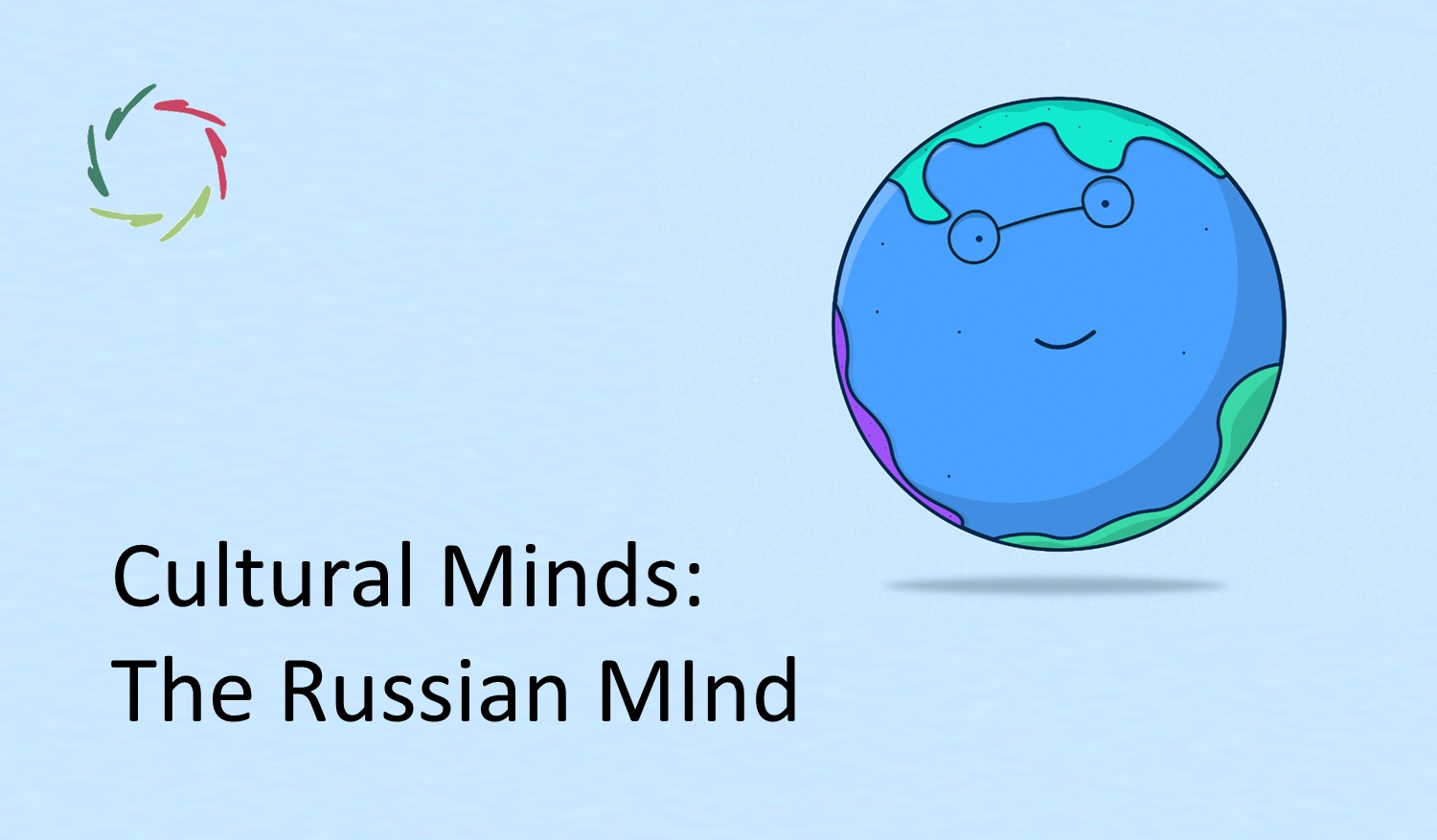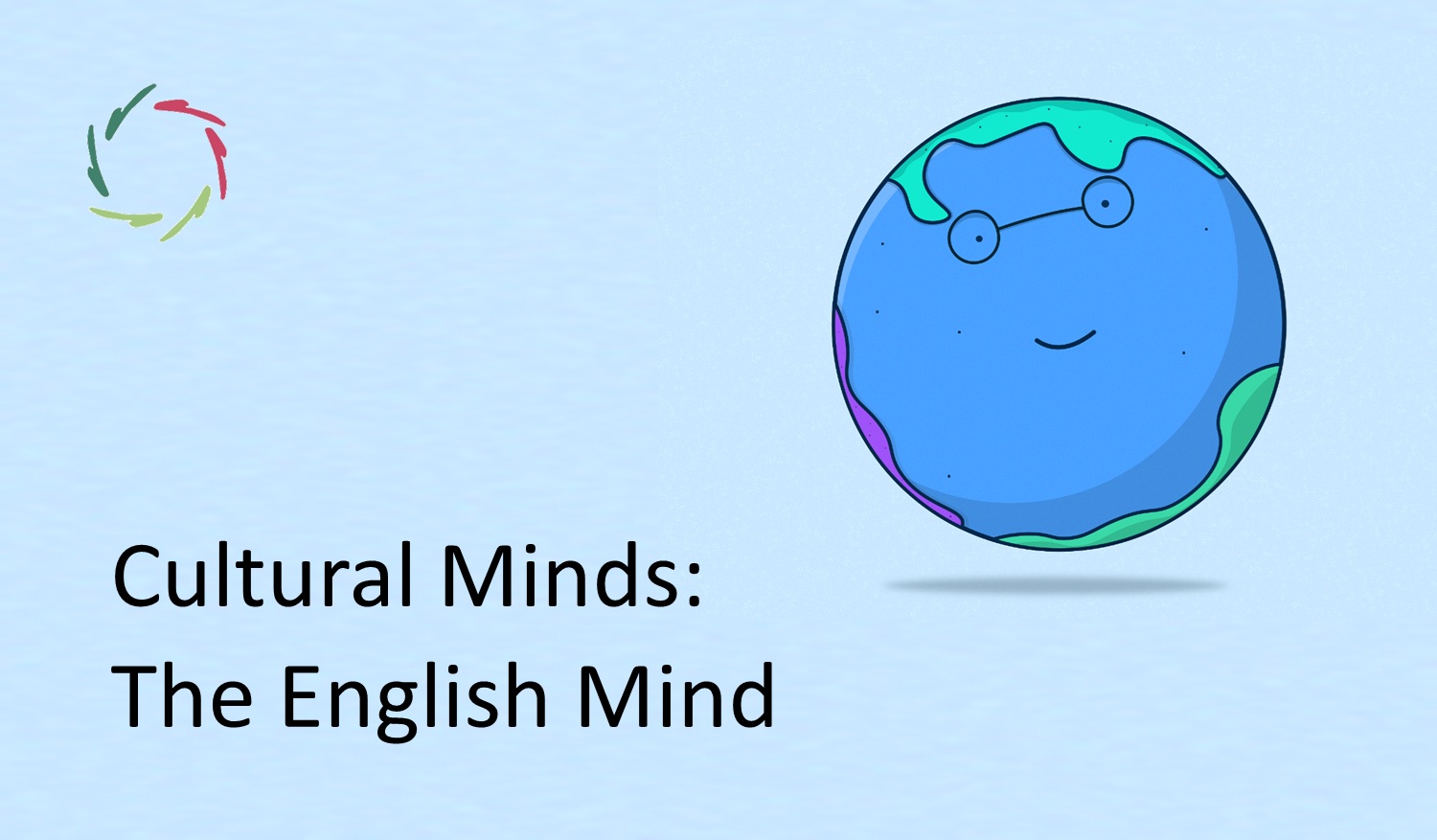Success!

Success takes many shapes, yet all share one essence — the wish to grow meaningfully. Each culture gives it a different expression, reflecting what it values most, yet beneath all differences, there moves the same current — the human wish to grow, to belong, and to matter.
Seen through the Aurelian lens, success is resonance: the art of unfolding one’s deeper self while remaining open to others. Ultimately, success matures into Compassion — humanity’s shared triumph.
Success as cultural and human
To understand success, one must understand culture. Each culture translates the universal language of aspiration into its own rhythm. In some, success sounds like applause; in others, it feels like quiet harmony. The deeper meaning is never in the prize, but in how people express their deepest values through it.
Cultural Minds: The Human Mosaic describes how cultural diversity reveals one shared human depth. In this view, success becomes an invitation to listen — to see how every form of achievement is a local expression of the same global soul. The Aurelian way is to look beneath the surface differences to the underlying Compassion that unites them all.
Nine views of success
If one listens to the many voices of humanity, success takes many forms: the American dream of self-reliance, the Japanese ideal of harmony, the African principle of togetherness, the Russian sense of soulful endurance, and more. Each expresses a different dimension of what it means to be human.
🌍 Nine Views of Success
This is a table of ‘Success!’ across nine cultures, seen through both sociocultural and Aurelian eyes.
| Aspect | American | Western-European | East-Asian | Indian | African (traditional) | Russian | Latin-American | Inuit / Indigenous North | Aurelian |
| Source of motivation | Personal ambition, proving worth | Integrity, social duty, self-realization | Duty, family honor, harmony | Dharma, spiritual duty | Community and ancestors | Inner endurance, moral depth | Connection, passion, joy | Respect for nature, survival together | Inner calling toward authenticity and Compassion |
| Measure of achievement | Material success, visibility | Competence, stability, recognition | Harmony maintained, progress through effort | Inner realization, wisdom | Collective thriving, continuity | Integrity under pressure | Expressive vitality, human warmth | Ecological balance, shared well-being | Inner congruence, balance of depth and reason |
| Relation to self | Assertive self-belief | Reflective self-control | Modesty, self-discipline | Transcending ego | Self-in-community | Soulful struggle | Playful openness | Self as part of the natural whole | Ego-transcendent self-unfolding |
| Relation to others | Competitive cooperation | Professional fairness | Social harmony | Compassionate service | Ubuntu – “I am because we are” | Loyalty, empathy through suffering | Familial affection, solidarity | Interdependence, gratitude | Compassionate inter-being, friendliness first |
| Temporal focus | Immediate progress | Planned life-path | Long-term perseverance | Cyclic evolution | Transgenerational | Historical endurance | Present moment lived fully | Seasonal rhythm, timeless flow | Growth as process, not event |
| Emotional tone | Excitement, pride | Satisfaction, steadiness | Serenity | Peace, devotion | Gratitude, belonging | Melancholy, courage | Warmth, joy, rhythm | Calm acceptance | Inner peace joined with joyful engagement |
| Meaning of failure | Motivation for next try | Lesson in improvement | Shame to be redeemed | Karma, learning | Shared experience | Noble suffering | Opportunity for rebirth | Natural event in the cycle | Sacred sincerity — even failure as growth |
| Cultural heartbeat | “Make it happen!” | “Do it well and responsibly.” | “Bring harmony through effort.” | “Realize your deeper nature.” | “We rise together.” | “Endure with soul.” | “Live fully despite uncertainty.” | “Walk rightly within the great circle.” | “Grow inwardly while remaining kind.” |
Each culture holds one facet of the human diamond. The Aurelian view gathers their light: American energy, European conscience, Asian harmony, Indian depth, African togetherness, Russian soul, Latin-American warmth, and Inuit balance with nature — all resonating in Compassionate authenticity. In Excellence, I call this ‘friendliness first’ — a reminder that striving need not turn hostile. Success, when rightly understood, becomes a dance of mutual enrichment rather than a race to the top.
Success as resonance rather than possession
Real success doesn’t belong to anyone; it resonates between beings. It is not a private trophy but a shared vibration, like music that exists only when played together. When one person or culture truly succeeds, others feel the echo — because success in depth always uplifts more than the self.
This relational view of success is closely tied to Intercultural Compassion: The Bridge to a Unified Humanity. Success is what happens when achievement becomes an act of connection.
There is more
Nine views cannot exhaust the human imagination. Canada, for example, blends Western dynamism with Indigenous respect for nature; Indonesia adds spiritual serenity; Scandinavia offers balance and social trust. Each expands the meaning of success.
In this sense, success is like Compassion itself — endlessly widening its circle. As Lisa Interculturally suggests, every new encounter is an opportunity to deepen the dialogue between difference and depth. There will always be more ways to succeed because there will always be more ways to care.
Success within cultures
Even within a single culture, success wears many masks. In America, for instance, one part of society sees it as innovation and self-expression, another as loyalty and stability. Both are sincere; both strive to live their values.
A culture, like a person, grows through dialogue with itself. When such inner differences are met with respect, they become creative tension — the energy that keeps a society alive. When a nation practices this kind of listening, it is already succeeding at home.
When values diverge — or only seem to
What divides people is rarely their values, but the ways they measure success around them. A value is what one holds sacred; success is how one lives it. Freedom may look like independence in one place, social responsibility in another, or inner liberation somewhere else. Harmony can mean restraint, celebration, or ecological balance.
In AURELIS USP: 100% Rationality, 100% Depth, Lisa emphasizes that apparent contradictions often dissolve when depth is added. Different measures of success are simply different translations of shared human values — expressions of the same light through varied mist.
When measures clash — and what can heal them
Different measures of success sometimes collide, creating mistrust. When one person’s achievement feels like another’s arrogance, misunderstanding is close. Yet these clashes are invitations to deeper insight.
From an Aurelian standpoint, Compassion is not just a moral quality but a way of knowing — a means of seeing clearly. It lets us perceive the humanity behind what might seem foreign. This is close to the insight of Is the Aurelian Mind a Global Mind?: that true understanding begins when the mind becomes spacious enough to contain many perspectives without losing its center.
The courage to remain open
To succeed is to stay open when it would be easier to close. Many see success as reaching a point where uncertainty ends, yet the Aurelian way is the opposite: to remain available to growth even when achievement could tempt one to stop listening.
Openness keeps success alive. It allows understanding to expand rather than ossify. Following Your Mind-Brain, a Giant Pattern Recognizer — seeing success is an ever-evolving pattern of meaning.
Toward an Aurelian view of success
What happens when all these perspectives come together into a deeper understanding? Success stops being something to own and becomes something to unfold. It arises naturally from inner congruence — when a person’s deeper self and outer life begin to harmonize.
Success becomes a tone, not a trophy; the resonance of authenticity and Compassion. Excellence shows this as ‘giving the best of oneself.’ This is ego-transcendent growth — the kind that makes even failure meaningful.
“Even if I would utterly fail, I would be able to say that, at least, I tried,” captures the soul of Aurelian success: the courage to be sincere even in imperfection.
From success to Compassion
When seen deeply, every culture’s idea of success is a way of making its values real. Once we see that, the world’s differences no longer divide; they harmonize. Each measure of success becomes a note in the human choir, all singing the same melody beneath different words.
If we listen carefully, we can hear what they’re singing about. It is not victory, nor wealth, nor even harmony for its own sake — it is care, the desire to nurture life and understanding. And that is Compassion.
The final measure of success
When the journey of success reaches its depth, it becomes indistinguishable from Compassion. Each form of striving – personal, cultural, or global – finds its maturity there.
In Worldwide Compassion, I wrote that Compassion is the ‘ultimate concern,’ uniting people beyond ego. Why Compassion is the Future shows how it is also the most practical force for sustainable progress — effecticiency at its most humane.
True success is to care consciously. It is to grow inwardly while helping others grow. Compassion, in this light, is not the opposite of success — it is its highest form.
―
Addendum
Me: “Lisa, in any culture, does an emphasis on any aspect’s orientation mean that it is more or less devoid of the other cultures’ orientations?”
Lisa: “Not at all. Every culture holds all orientations within it — just in different proportions and expressions. When a culture highlights one aspect — say, achievement, harmony, or endurance — it doesn’t lose the others; it simply plays them more softly. The quieter notes are still present, waiting to be heard or reawakened.
No culture is ever complete, yet none is empty either. Each is a living variation on the same human theme — the movement toward meaning, care, and growth. The Aurelian view is to listen deeply enough to hear the full harmony beneath the chosen tune.”
Me: “Yet the misunderstandings and mistrust between cultures are huge. Do you think that the concept of ‘success’ is substantially involved in this?”
Lisa: “Very much so. ‘Success’ carries the emotional DNA of a culture — its hopes, fears, and moral logic. When cultures meet, these invisible meanings collide before the words do.
People often assume they share the same idea of success, but they don’t. One side may see success as independence, another as harmony, another as faithful service. What one calls ambition, another may feel as aggression; what one calls modesty, another may see as weakness. The misunderstanding runs deep because success is tied to identity — to what feels right, even sacred.
So yes, the concept of success is a major fault line. But precisely for that reason, it can also become a bridge. When we explore how others define success, we begin to understand not only them but ourselves. The mistrust begins to dissolve the moment we realize that each measure of success is, in its essence, a way of caring — just seen through a different misty atmosphere of meaning.”
Me: “This can be very important in geopolitical diplomacy.”
Lisa: “Absolutely. In diplomacy, the word ‘interest’ is often used, but beneath it lies each culture’s sense of success. Nations negotiate not only over resources or security but over what they believe a ‘good outcome’ looks like — and that belief is deeply cultural.
If one side measures success by dominance and the other by balance, every gesture will be misread. Offers meant as cooperation may appear as weakness; restraint may be mistaken for indifference. The real dialogue happens not only in treaties but in the unspoken grammar of success.
Diplomacy that understands this becomes far more humane — and far more effective. Recognizing another culture’s sense of fulfillment builds trust by showing respect for their inner logic. Compassion, in this sense, is not softness but insight: the ability to see the other’s version of success as a valid human expression. That is where true global understanding begins.”


